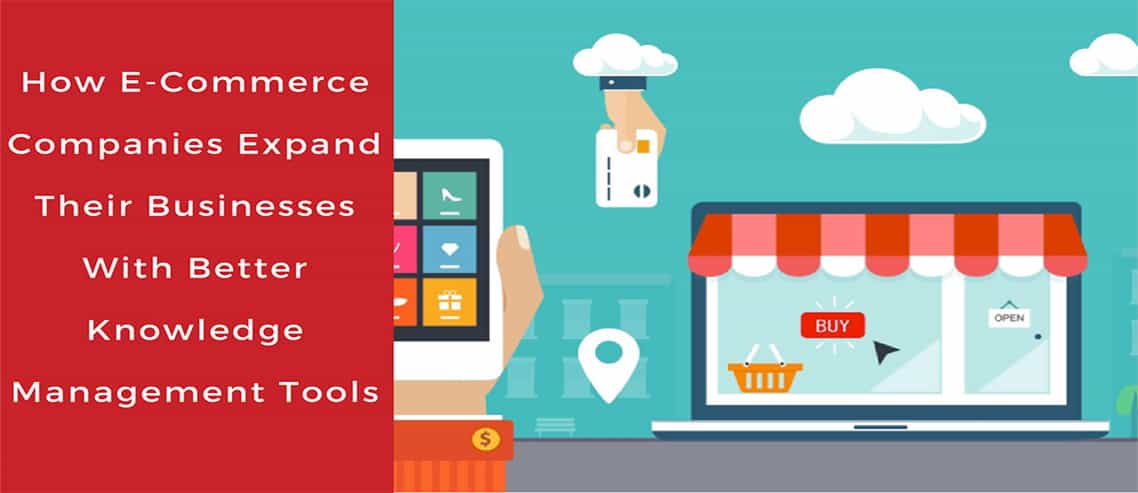ICON_PLACEHOLDEREstimated reading time: 8 minutes
Table of contents
No one likes losing out at the last moment to a competitor in any kind of situation. Imagine you’re running a marathon, and in the final seconds, your left trainer falls off. The runner behind you breezes across the finish line, winning the race. What could you have done differently?
Sometimes you run out of luck, but there are situations in life that can be prevented. When it comes to your business, you don’t want to lose customers in the final furlong. The following tips will help you optimize shipping and delivery dates, so you beat your competitors every time.
Visualizing the Finish Line
Having goals is important, and having a strategy to enact those goals is essential. You may aspire to have award-winning eCommerce customer service, but you need to do the work to get there.
This is especially true of your shipping strategy. A simple shipping strategy might have worked in the past, or it may be working for you now, but a thought-out, strategic shipping plan will keep your business competitive and streamline costs.
When creating your shipping strategy, ask yourself the following:
- What kinds of products are you shipping?
- How will you ship your products?
- When will the customer receive their package?
- Can you afford to offer free shipping?
- Do you need an international shipping strategy?
1. What Kinds of Products are You Shipping?
A pretty basic question, but probably the most important. What is your product? How big is it? How much does it weigh? The answers to these questions will inform every other decision you make about your shipping strategy. If you’re shipping smaller items, like shoes, you can take a different approach than if you were sending large dining room tables.
Once you have an idea of your products’ dimensions, put some thought into how your customers purchase the products. Do they usually buy one or two items? Are they more likely to buy in bulk? Consider offering a chat live for free option to engage with customers and find out their shipping needs.

Finally, put some consideration into your products’ packaging. Make sure it’s durable and can withstand a variety of situations, especially if you ship internationally. Save your customers and your customer service department the headaches that come with goods going missing in transit or arriving damaged.
2. How Will You Ship Your Products?
Once you’ve figured out what’s in the box and selected durable packaging, you can start to think about the best way to ship everything. Fortunately for you and your project management goals, you have a lot of options.
Flat Rate Shipping
Flat rate shipping is a versatile option for many business models. Offering one standard fee across the board simplifies shipping for your customer. The downside to flat rate shipping is a fixed fee may cover the cost of shipping small orders, but may not cover the cost to ship large orders.
Table Rate Shipping
Table rate shipping may be a better alternative to flat rate shipping and should be considered. It offers a dynamic strategy that allows you to customize many aspects of shipping, such as weight, distance, and a variety of other options.
For example, if you sell custom-made candles and sell mainly to individuals who live within 25 miles, but occasionally sell candles in bulk within multiple radiuses, a table rate shipping option would account for these factors and calculate accurate shipping costs.
Live Carrier Rates
One way to get ahead of your competitors when it comes to shipping is to consider real-time rates directly from carriers. While the rates may change, you would be offering the lowest shipping option available at the time of check-out, especially for customers in your vicinity.
Other Shipping Options
To stand out from your competitors while still serving your business needs and customers, think about some unconventional shipping options. Free scheduling software can help you keep track of alternative shipping opportunities.
One option gaining popularity right now is the offer of free in-store pick-up. This has the bonus of bringing customers to your store, so they can potentially build upon their relationship with your business.

Local couriers also provide a reasonable alternative to traditional carriers. While this option may not work for most rural customers, it offers many advantages to customers living in cities, offering lower rates and quick shipping.
3. When Will the Customer Receive Their Products?
48% of shoppers receive their packages in 2-3 days, with just 4% waiting more than 7 days. Shipping speed is a multifaceted element of your shipping strategy and the one that will make or break a sale for your business.
While 2-day, overnight, next-day, and expedited shipping are popular, increasingly, companies are also providing expected delivery dates, and this detail could set you apart from your competitors.
Providing expected delivery dates requires an omnichannel level of coordination on the part of your business, but the result could pay dividends. For example, a competitor may tell a customer they’ll receive their product in 3-5 business days. It’s a bit of an annoyance for the consumer to then work out when that product might arrive when they have to account for holidays, time zones, and order cut-off times.
But if you offer your customers multiple shipping options with various expected delivery dates, the purchase process becomes much easier, and you will hopefully gain a loyal customer.
4. Can You Afford to Offer Free Shipping?
Free anything is great. Free t-shirt, free group calendar, free hotel upgrade. You can’t go wrong, and while offering your customers free shipping may seem attractive, you need to make sure it’s right for your business.
Offering free shipping to your customers is a great way to bring them to your business and get them to complete a purchase, but that shipping isn’t free for you. Small businesses may not have the overheads to cover these costs as a larger company would. But you have a few options.
One way to get around the cost of free shipping is to work the shipping cost into the product price. Another is to require customers to meet a certain cart minimum before they’re eligible for free shipping. Additionally, you can offer free shipping but increase prices for expedited shipping. A portion of your customers may be willing to pay for quicker delivery over slower, free shipping.
If you don’t see any results from free shipping, you might be able to drop it as an option. Think about your customers, products, and other shipping factors; free shipping may not be as big a draw if you mainly cater to other businesses.
You only benefit from sales-driving UX improvements if you actually see an increase in sales, and the same is true of free shipping. You may need to try several different approaches to find what works for your business. When you strike the right balance of shipping options, however, you’ll know it.
5. Do You Need an International Shipping Strategy?
Many business options seem unnecessary until you implement them and they reap big rewards. Maybe you were hesitant about eCommerce instant messaging, and then it worked wonders on your conversions.
International shipping is kind of like that. You may not think your business needs it, or maybe you’re a little hesitant about such a big undertaking, but determining if international shipping is suitable for your shipping strategy is essential.
First, investigate the markets and see if your products will do well in other countries. You may find there’s demand for your product in one area of the world but none in another. Scoping out the situation and collecting customer data will save you time and money in pursuing markets that aren’t suited to your product.
Next, you’ll have to think about a few practical concerns. Are your products suitable for international shipping? If you sell something breakable or perishable, you’ll have to account for the longer time and distance in transit.
You’ll also need to research the different restrictions each country has on what can be shipped. This can vary from region to region. You’ll have to consider any additional taxes or customs fees that may be incurred by you or the customer too.
Luckily, plenty of national and international carriers can assist your business with this. FedEx, DHL, and other large carrier companies can offer competitive options and make the process from distribution center to customer that much easier. They can figure out the details of your international shipping needs, so you can figure out that cloud call center solution you’ve been putting off.
Crossing the Finish Line
Now you’ve considered every aspect, you can put the pieces together and create the best strategy for your business. As your business grows, you may have to revisit your shipping strategy and change aspects that no longer fit. But all of this hard work and consideration will push you ahead of the competition when it comes to optimizing your shipping, putting you in first place with your customers.
delivery trends


Got some really essential advice to create proper planning for on-time product shipping & delivery. Thanks for sharing with us.
To be successful at ecommerce, you always need to keep an eye on your profit margins. Because shipping represents a significant expense for ecommerce merchants, if you don’t do your research, you could end up losing money on shipping.
A fulfilment centre is more like a distribution centre. It is the place where your customer’s order is stored, packed (after receiving the order) and shipped from.
Amazing write up! Thanks for this submit
Thanks so much for talking about the best ways to ship different products. I have a friend that runs an online store and she's started shipping products out between states. She's been looking into finding a company to hire and help her ship her products out.